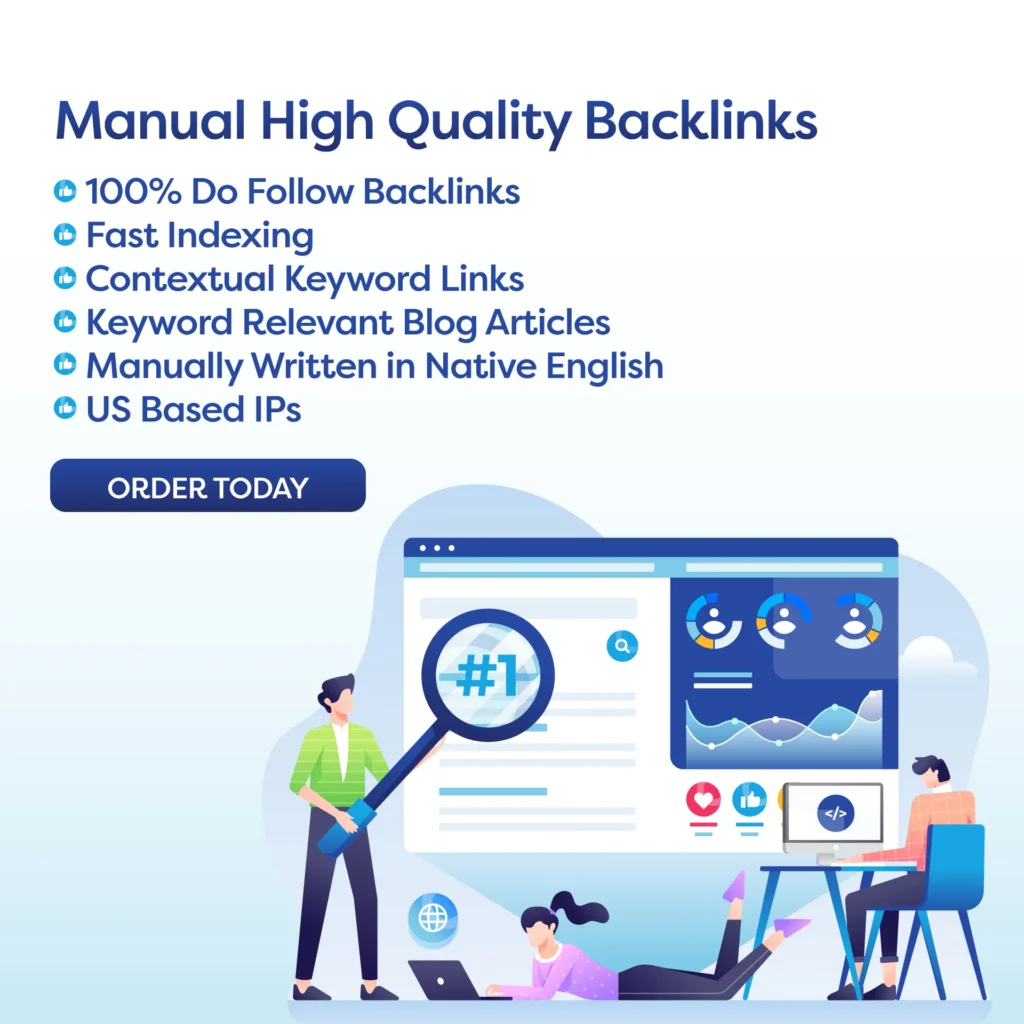Voice Search Optimization for Small Businesses
With the rise of voice assistants like Siri, Alexa, and Google Assistant, voice search has become an increasingly popular way for people to find information online. In fact, according to a study by ComScore, it is estimated that by 2020, 50% of all searches will be conducted via voice search. This means that businesses, especially small businesses, need to start optimizing their websites for voice search in order to stay ahead of the curve and reach a growing audience. In this article, we will discuss the importance of voice search optimization for small businesses and provide tips on how to effectively optimize your site for this trend.
Why is Voice Search Optimization Important for Small Businesses?
As a small business owner, you may be wondering why you should bother with voice search optimization. The truth is, optimizing your site for voice search can bring numerous benefits to your business. Here are a few reasons why voice search optimization is important for small businesses:
- Increased Visibility: With voice search, users tend to ask more conversational questions, using long-tail keywords. This means that by optimizing your site for voice search, you have the opportunity to rank for more specific and relevant search queries, increasing your visibility to potential customers.
- Improved User Experience: Voice search allows for a hands-free and quicker way to search for information. By optimizing your website for voice search, you are providing a convenient and user-friendly experience for your audience, which can lead to increased engagement and conversions.
- Competitive Advantage: As voice search is still a relatively new trend, many businesses have not yet optimized their websites for it. By getting ahead of your competitors and optimizing your site for voice search, you can gain a competitive advantage and potentially attract more customers.
Tips for Optimizing Your Site for Voice Search
Now that you understand the importance of voice search optimization for small businesses, let’s discuss some tips on how to effectively optimize your site for this trend:
1. Focus on Conversational Keywords
As mentioned earlier, voice search queries are often longer and more conversational compared to text-based searches. This means that your website content should also include conversational keywords that reflect the way people speak and ask questions. For example, instead of targeting a keyword like “best restaurants”, you could target a long-tail keyword like “what are the best restaurants near me”.
2. Use Structured Data Markup
Structured data markup helps search engines understand the context and meaning of your content. By using structured data, you can provide more specific information about your business, such as your location, contact information, and business hours. This can make it easier for voice assistants to provide accurate information to users who are searching for your business.
3. Optimize for Local Search
Voice search is often used for local searches, with users looking for nearby businesses or services. This makes it important for small businesses to optimize for local search by claiming their Google My Business listing, ensuring their business information is accurate and consistent across all online platforms, and including location-specific keywords in their content.
4. Create FAQ pages
Since voice searches are often phrased as questions, creating an FAQ page on your website can help you rank for these types of queries. Make sure to include common questions and answers related to your business, products, and services on this page. This can also help improve the user experience by providing quick and easy access to information.
In conclusion, voice search is a growing trend that businesses, especially small businesses, need to pay attention to. By optimizing your website for voice search, you can increase your visibility, improve the user experience, and gain a competitive advantage. Follow these tips and stay ahead of the curve in this ever-evolving digital landscape.
